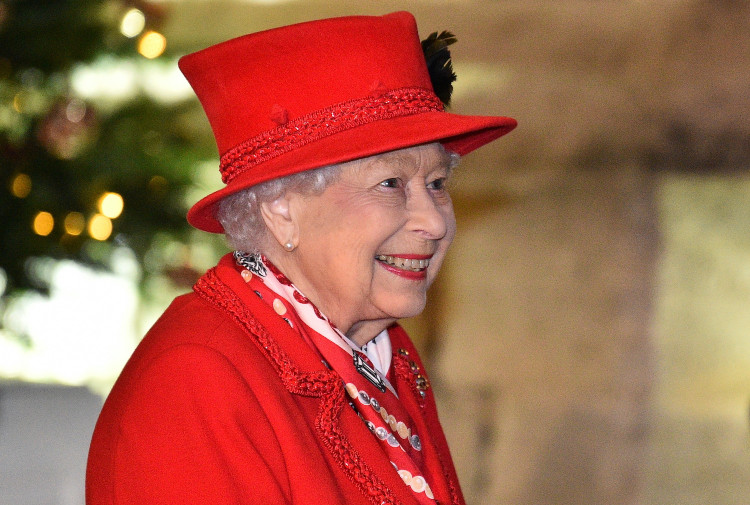As the world reflects on the passing of Queen Elizabeth II on September 8, 2022, at her beloved Balmoral Castle, new insights from Robert Hardman's book, "The Making of a King: King Charles III and the Modern Monarchy," shed light on the monarch's final days. The Queen's death marked not only the end of an era but also the beginning of King Charles III's reign, amidst a period of change and reflection for the British monarchy.
According to Hardman's detailed account, Queen Elizabeth II was acutely aware of her declining health and the implications of her passing at Balmoral. Princess Anne, in a BBC One documentary, revealed the Queen's concerns about the inconvenience her death at Balmoral might cause. Despite these worries, the Queen ultimately spent her last days in Scotland, prioritizing the comfort and memories of her family over logistical challenges.
The book details how the Queen, in her typical selfless manner, was mindful of the impact of her death on the royal family and the nation. She sought to ensure that her final year was filled with joyful memories, particularly for the younger generation. This desire for a peaceful and dignified end was fulfilled as she passed away in her sleep at Balmoral, surrounded by the natural beauty of the Scottish Highlands.
The Queen's passing in September also had ceremonial implications. As noted by a senior member of King Charles III's team, her death in Scotland added a layer of complexity to the ensuing royal ceremonies but also allowed for a May coronation, avoiding the challenges of a winter event. This serendipitous timing, as Hardman puts it, was almost as if the Queen had orchestrated a seamless transition.
The book also touches on the speculation surrounding the Queen's health, with royal biographer Gyles Brandreth suggesting that she may have had myeloma, a type of bone marrow cancer. However, Buckingham Palace remained discreet about the nature of her illness, in keeping with the royal family's tradition of privacy.
"The Making of a King: King Charles III and the Modern Monarchy," set to be released on January 18, promises to offer a comprehensive look at the transition of power within the British monarchy. It explores not only the Queen's final year but also the early days of King Charles III's reign, a period marked by both continuity and change. The book is anticipated to provide an intimate
glimpse into the royal family's dynamics during a significant historical moment, capturing the essence of Queen Elizabeth II's remarkable life and the onset of a new chapter under King Charles III.
The Queen's conscious decision to minimize disruption in her final days speaks volumes about her character and dedication to her role as a monarch. Her legacy, as Hardman notes, extends beyond her reign, influencing the way the royal family navigates the future. Her thoughtful planning and consideration of her family's and nation's needs exemplify the selfless leadership that characterized her time on the throne.
In this period of transition, the royal family faces the challenge of honoring the Queen's legacy while adapting to the new leadership of King Charles III. The insights from Hardman's book are not just a tribute to the late Queen but also a testament to the enduring impact of her life and reign on the United Kingdom and the world.
As the British monarchy embarks on this new era, the lessons and memories from Queen Elizabeth II's final days at Balmoral will undoubtedly continue to resonate, shaping the future of the monarchy under King Charles III. Her thoughtful approach to her final days, ensuring a dignified and peaceful end while considering the implications of her passing, will remain a significant part of her enduring legacy.





